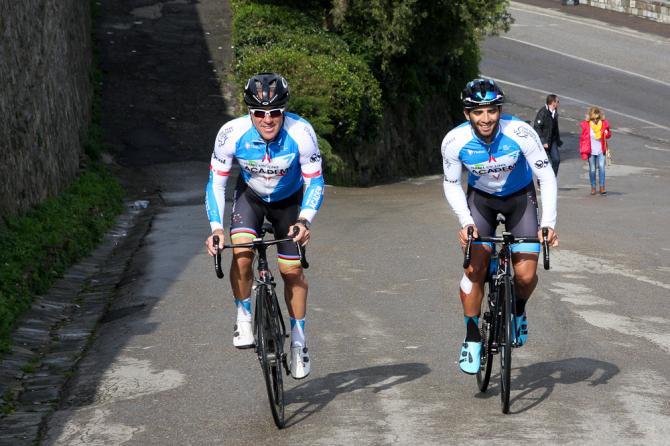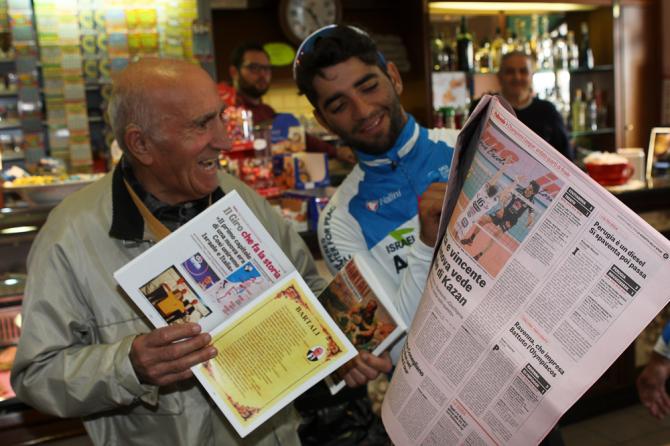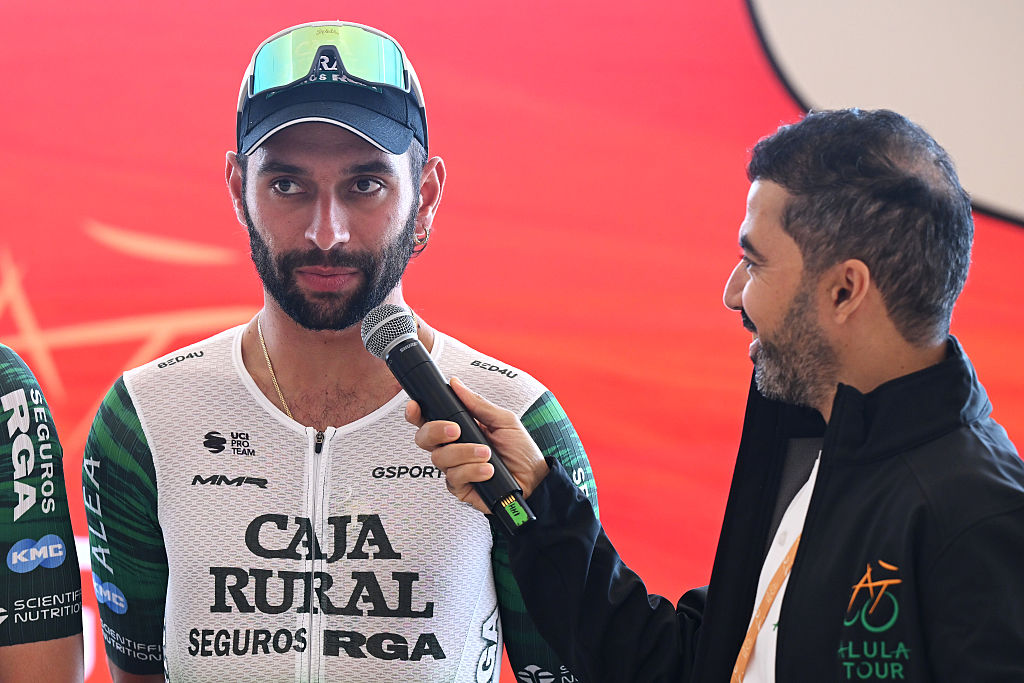Gino Bartali tribute ride - Gallery
Israeli team honours Italian champion who secretly saved Jews during the Holocaust
The latest race content, interviews, features, reviews and expert buying guides, direct to your inbox!
You are now subscribed
Your newsletter sign-up was successful
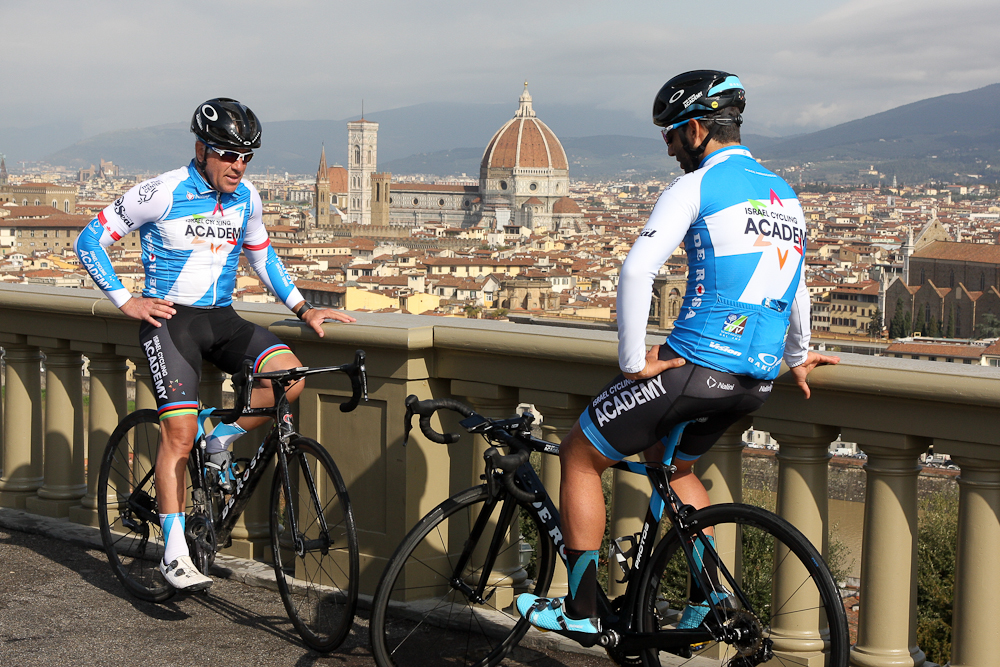
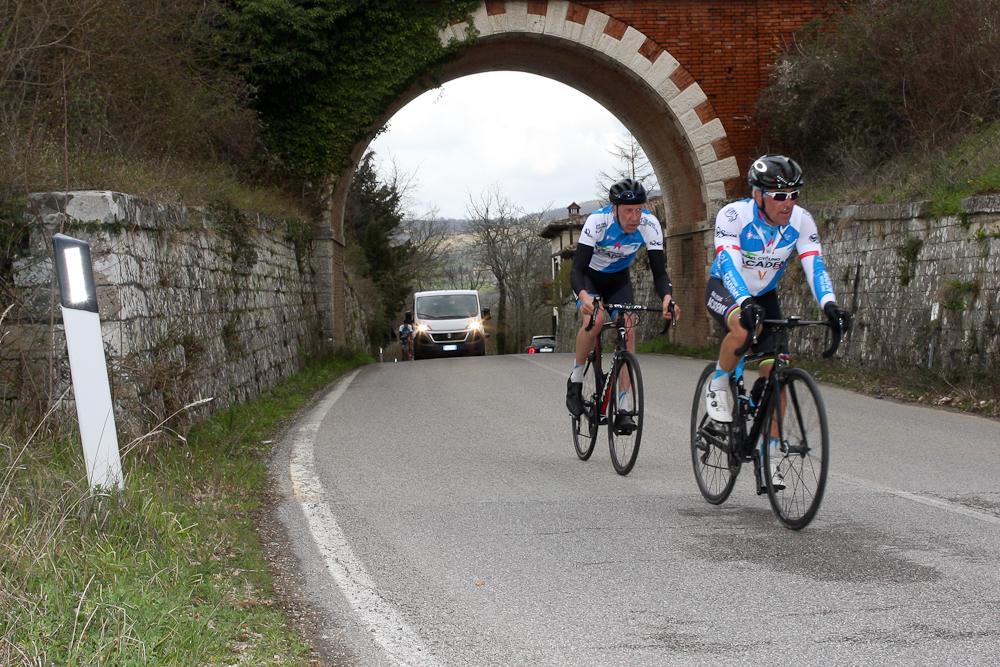
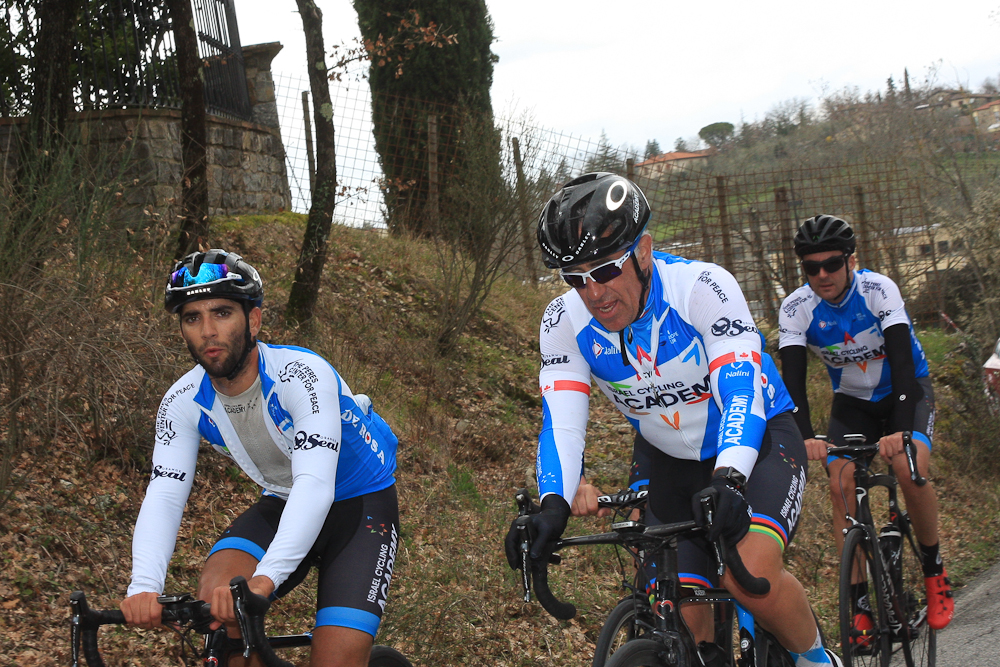
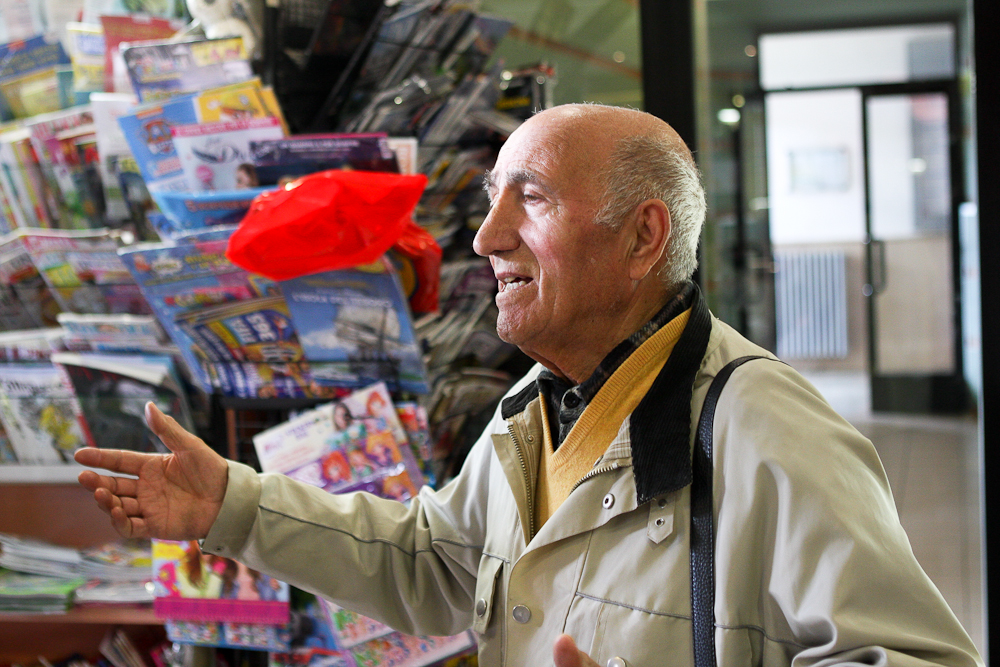
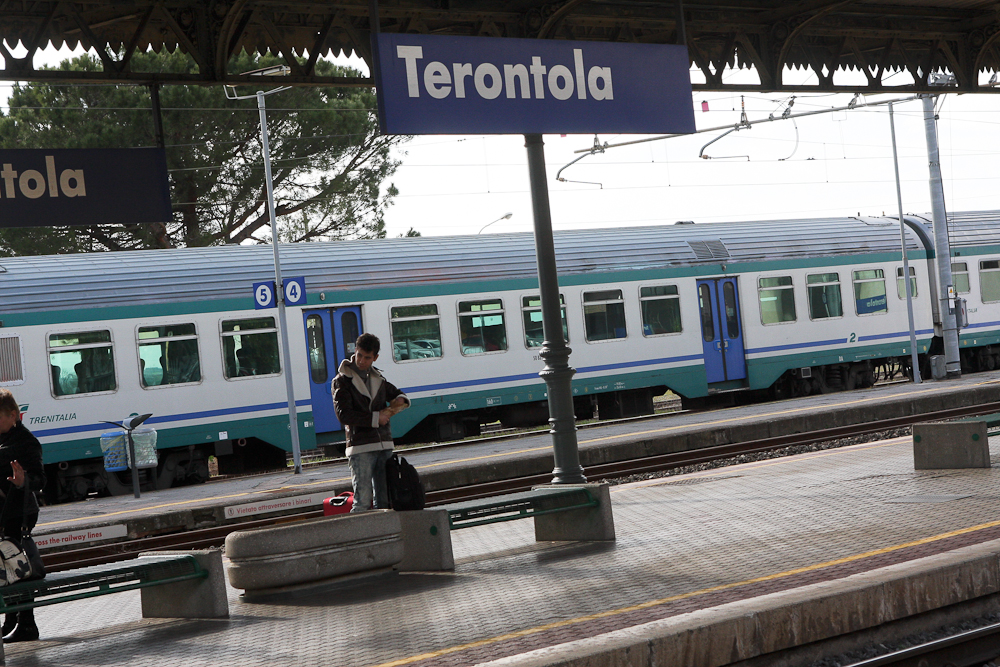
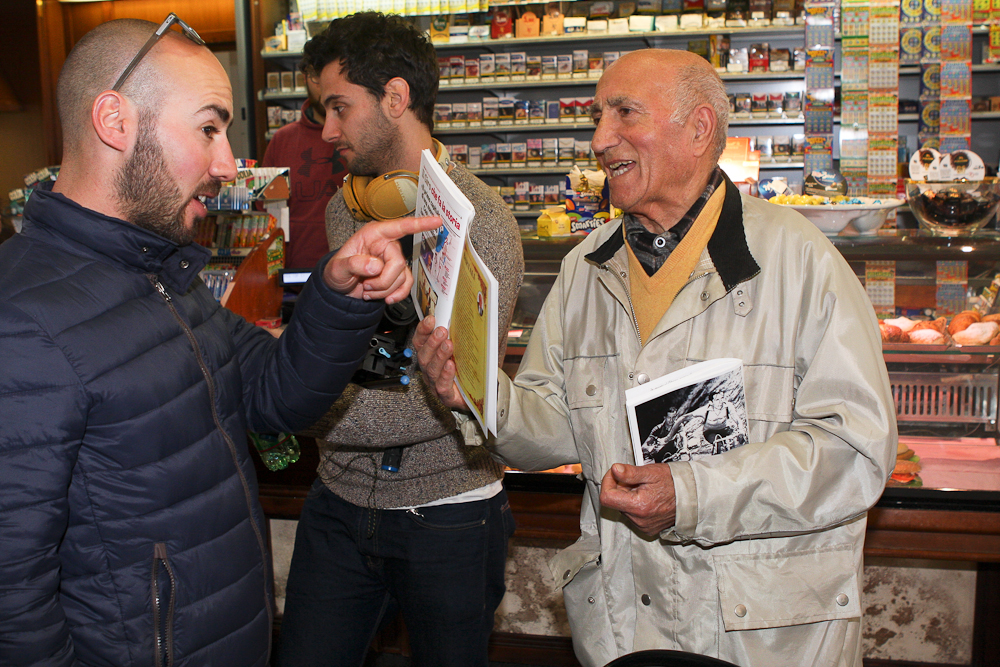
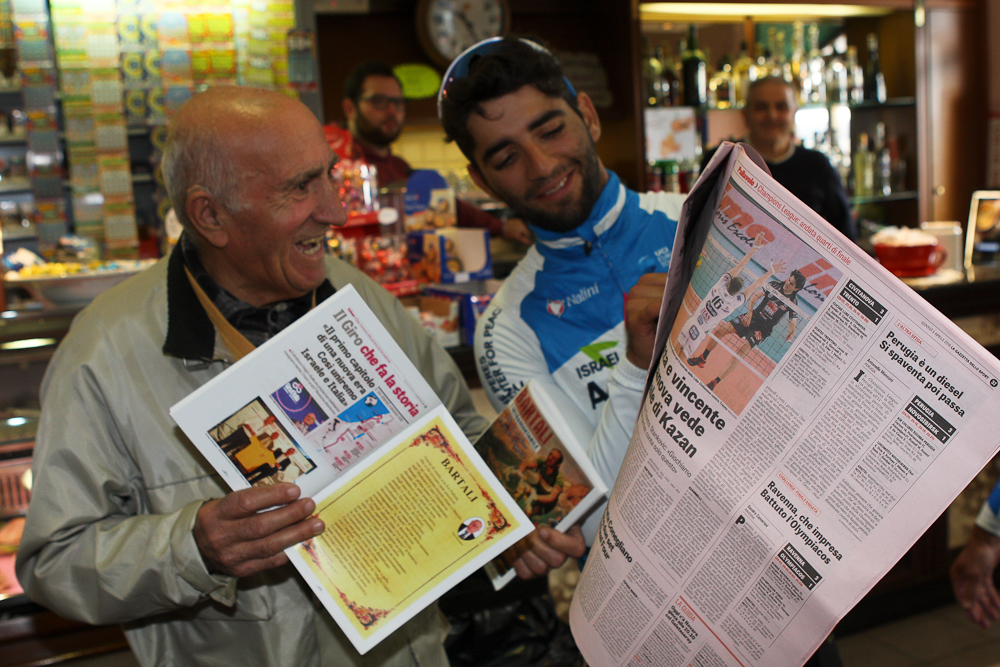
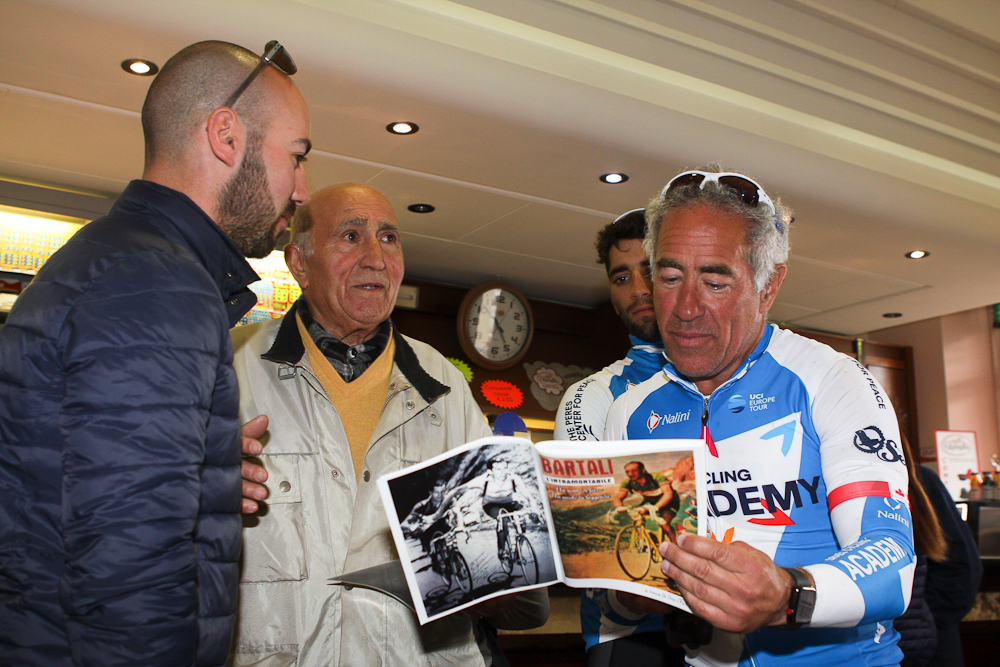
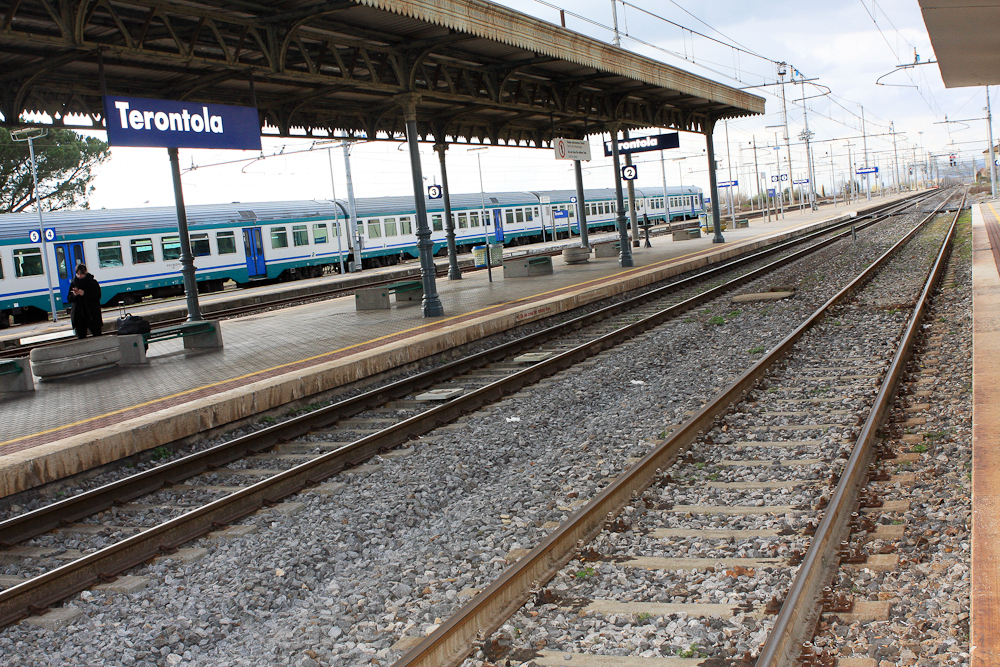
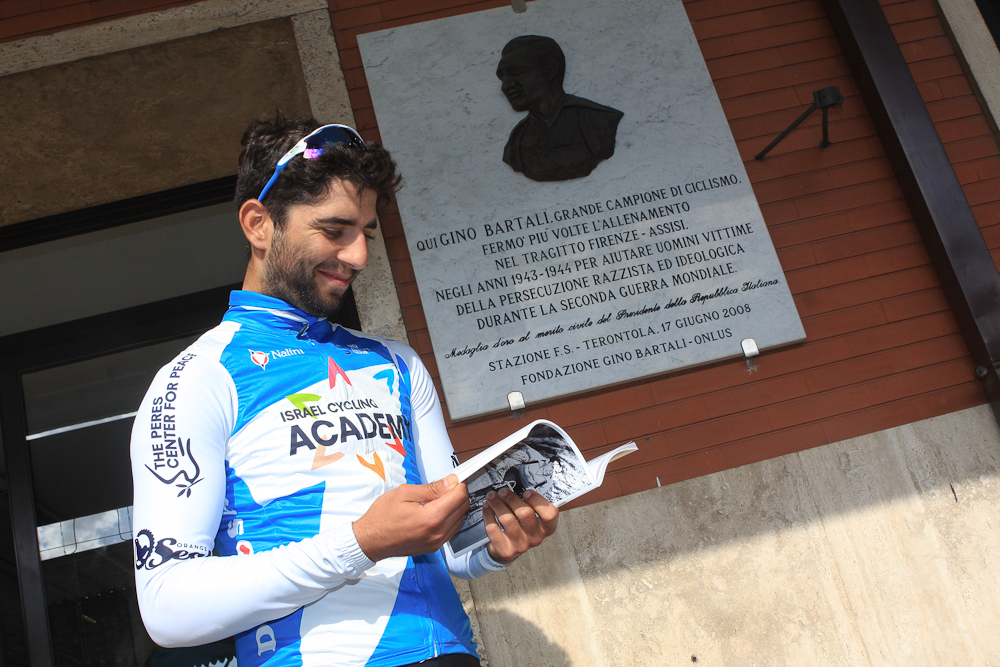
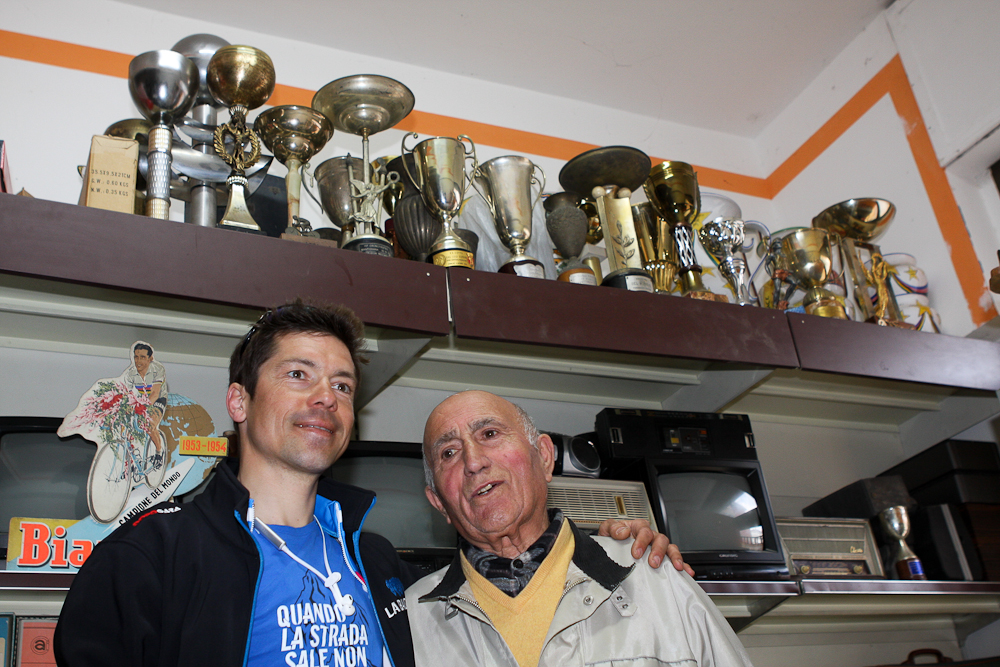
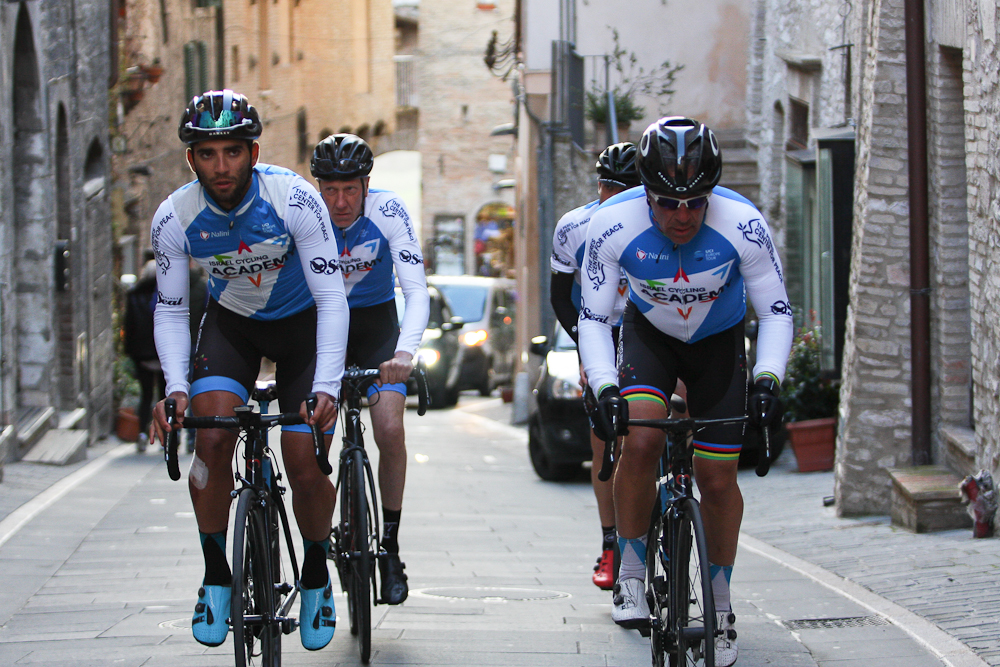
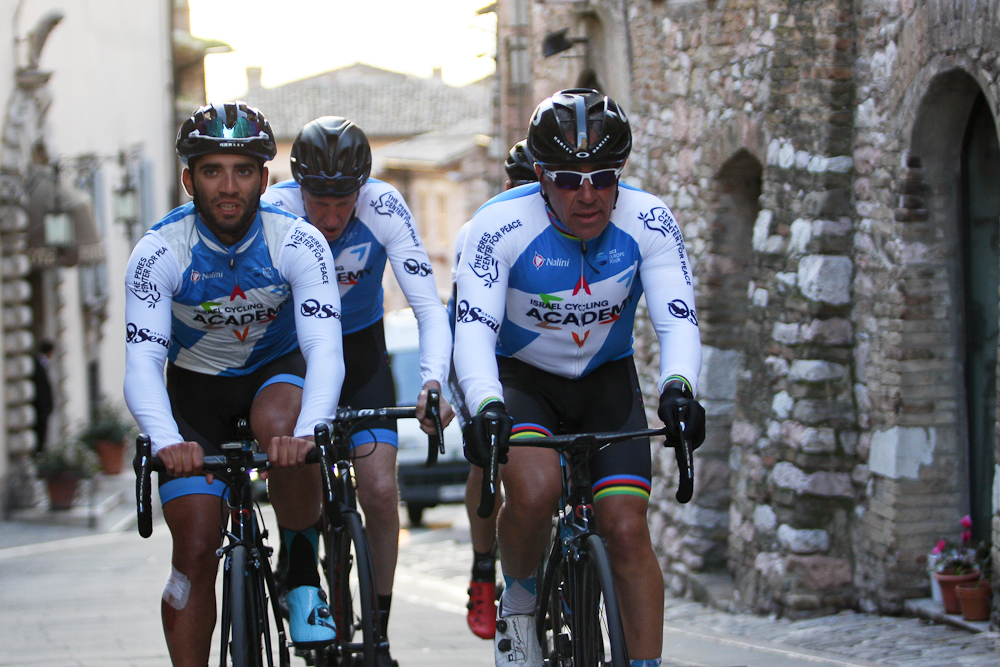
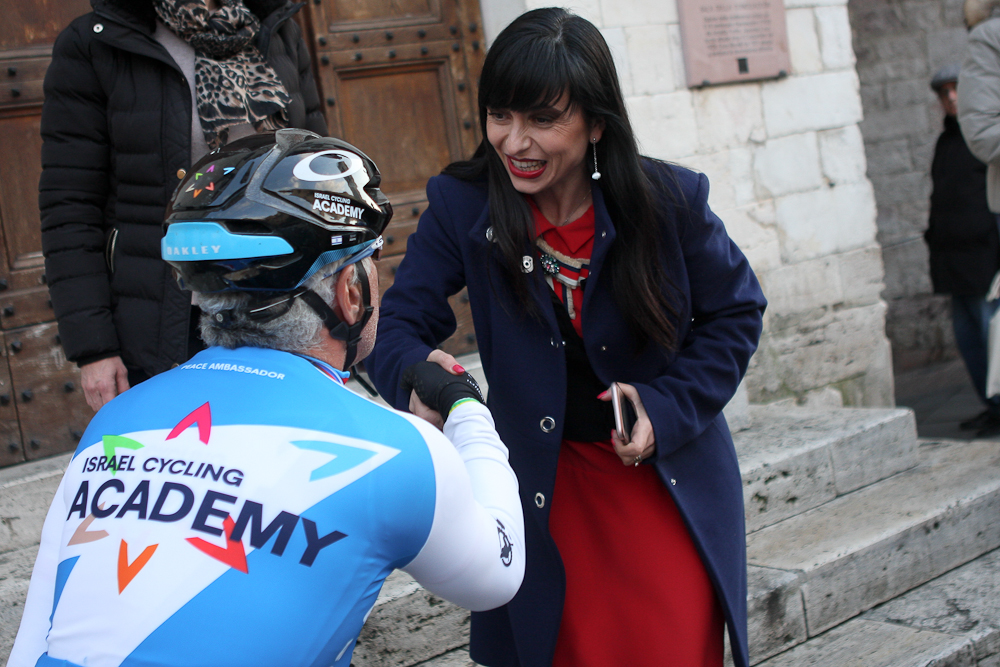
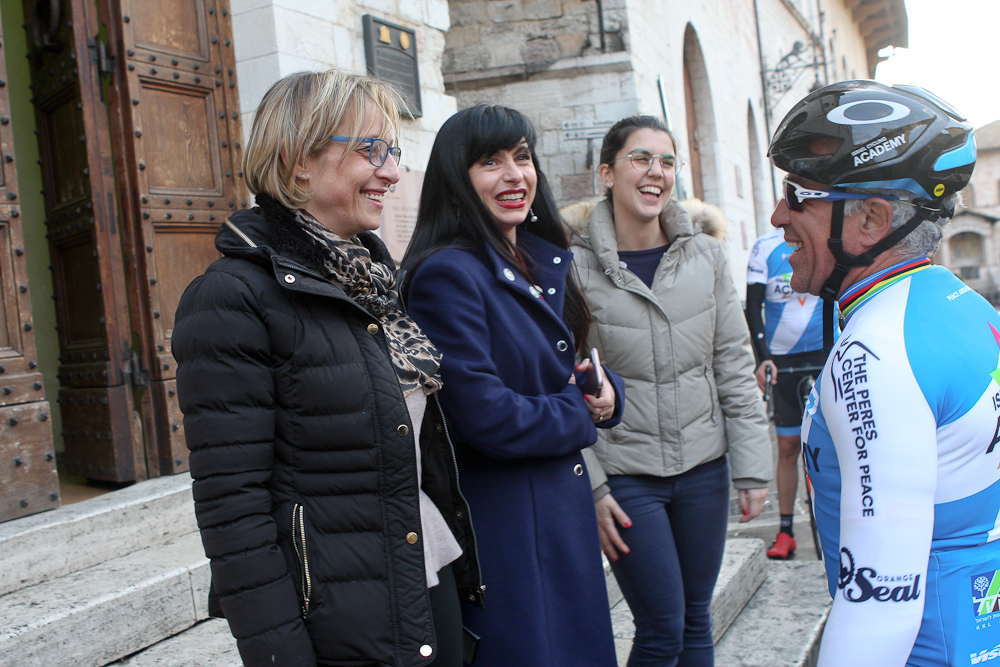
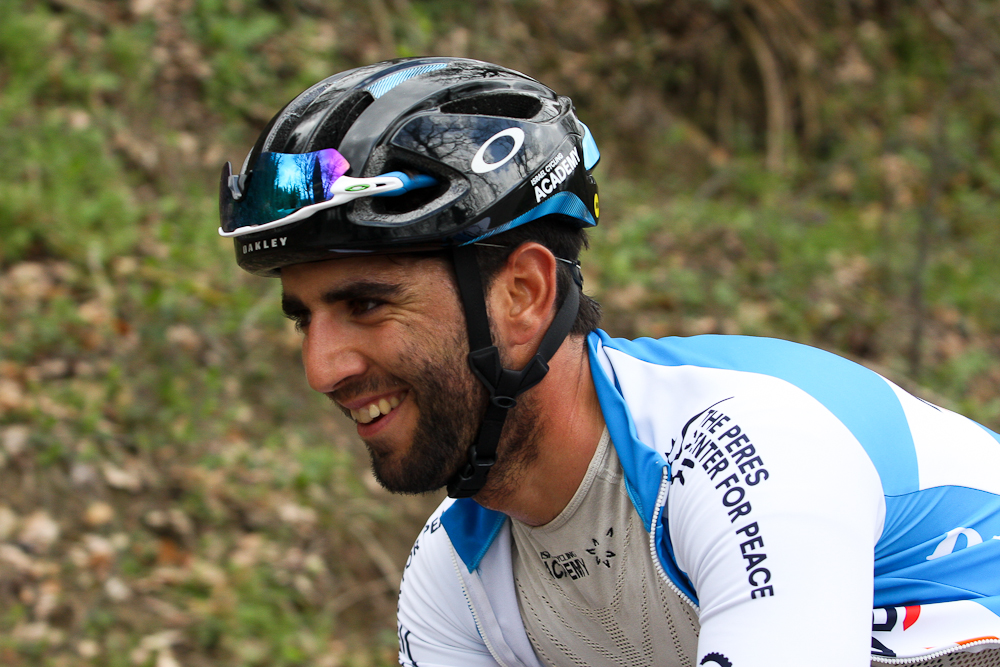
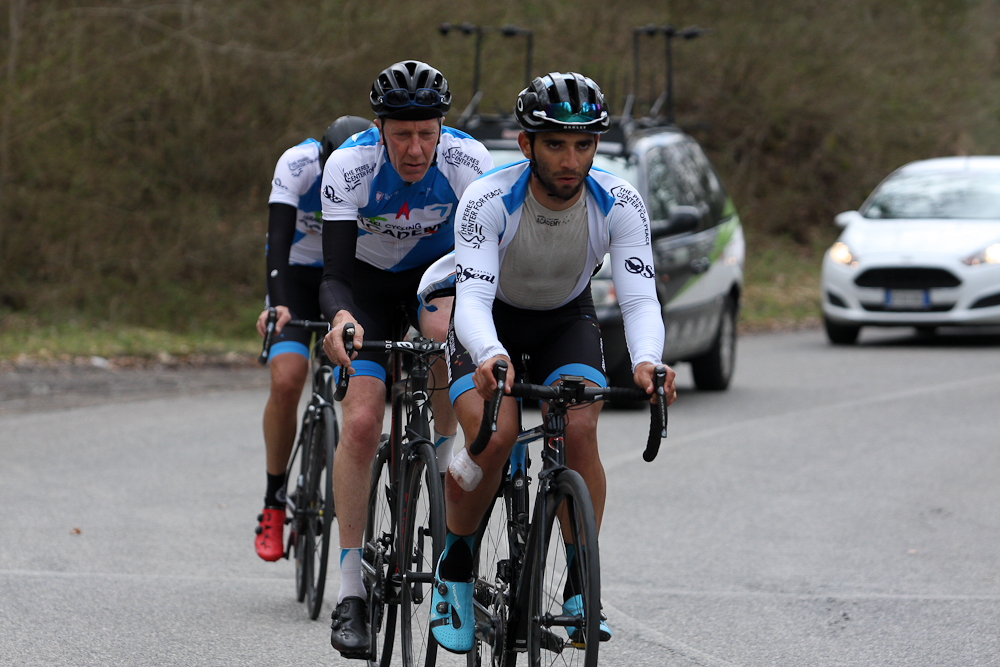
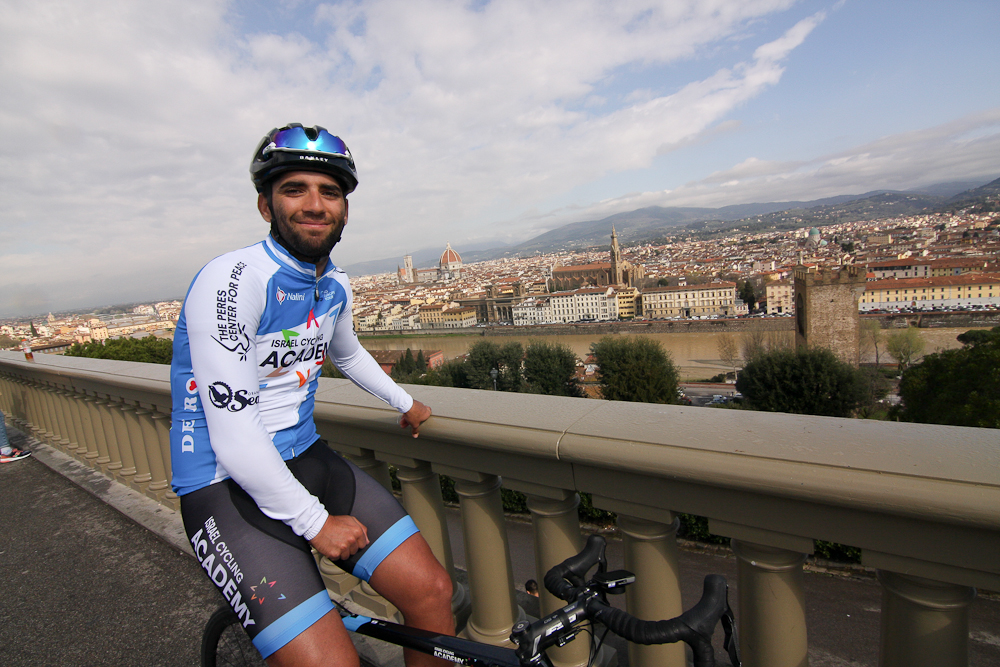
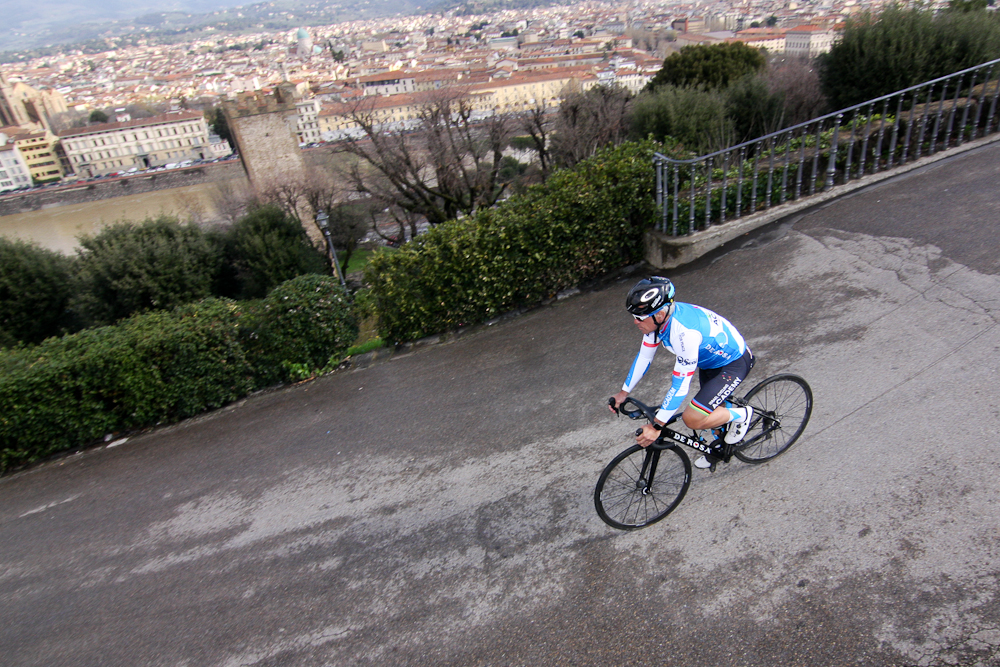
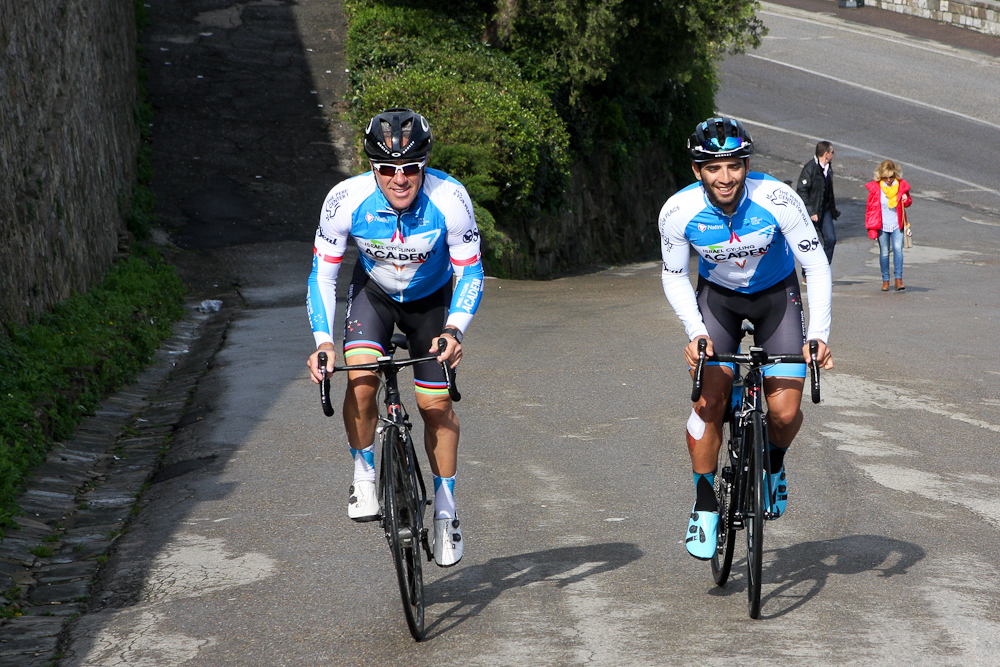
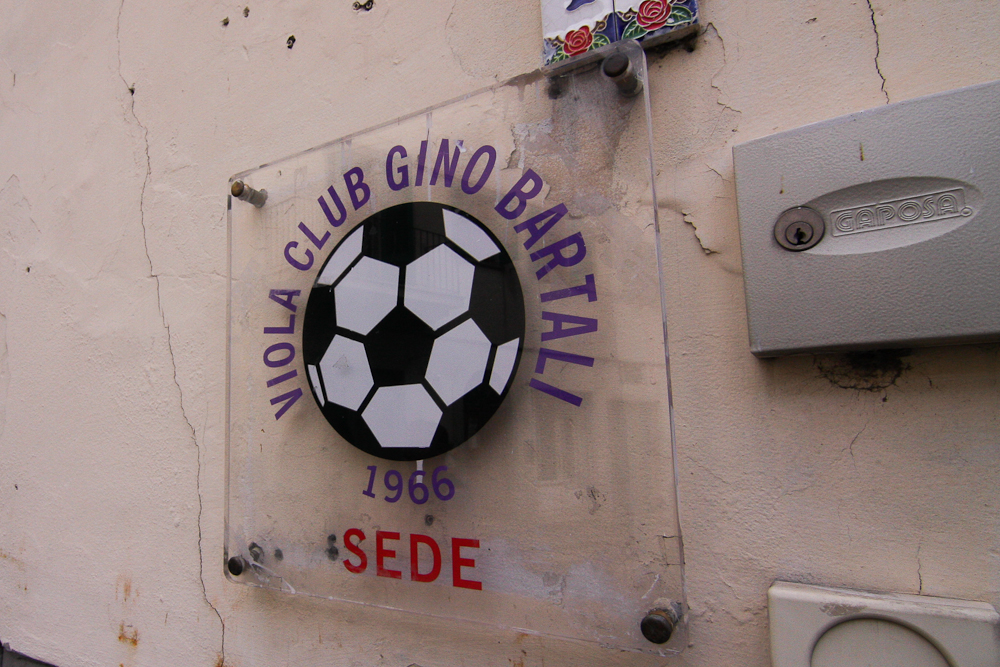
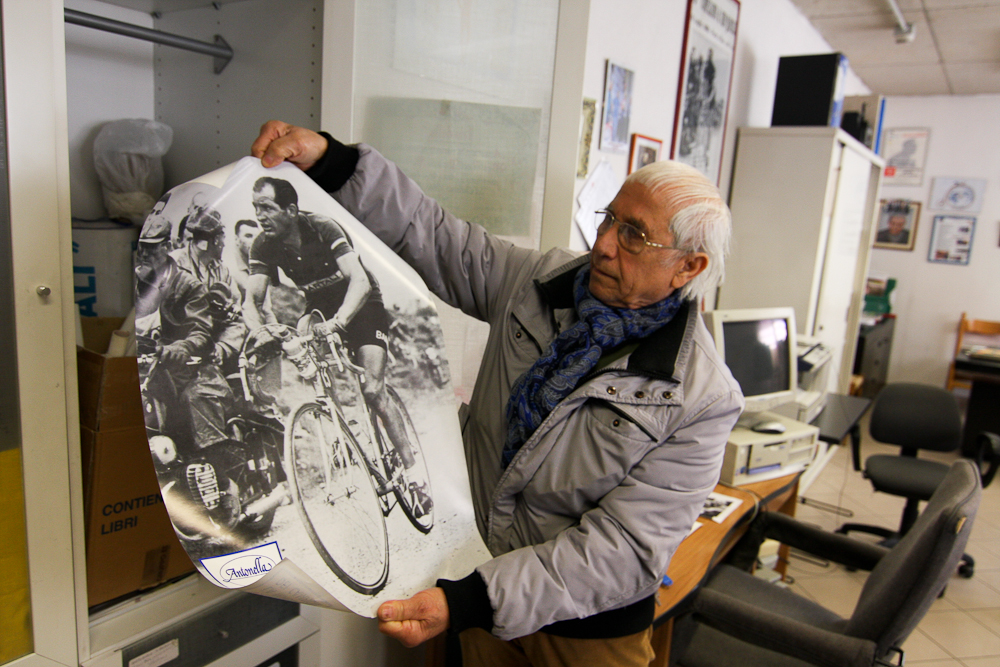
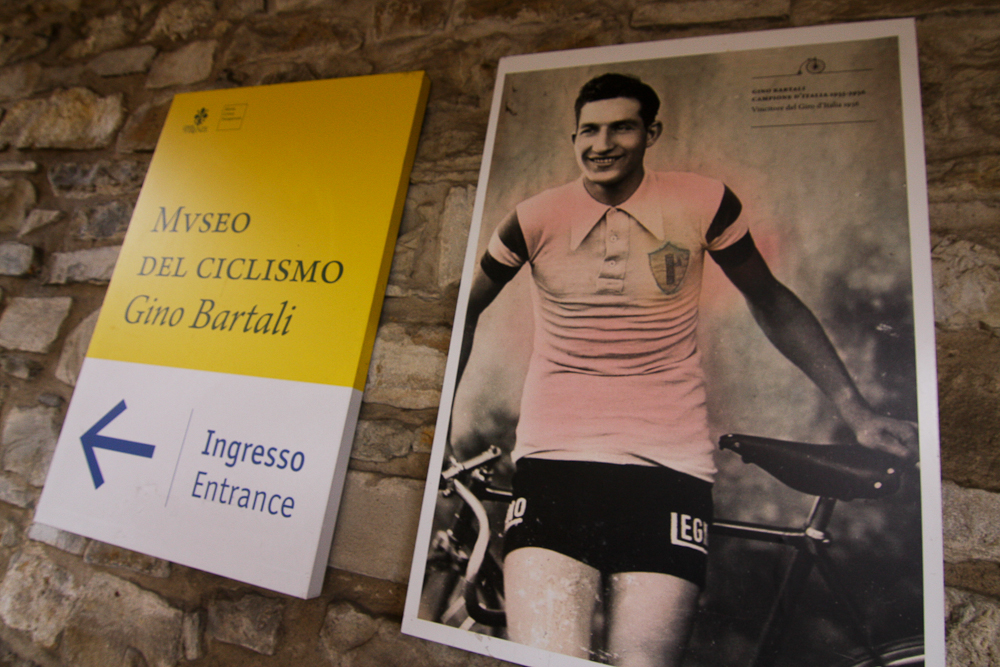
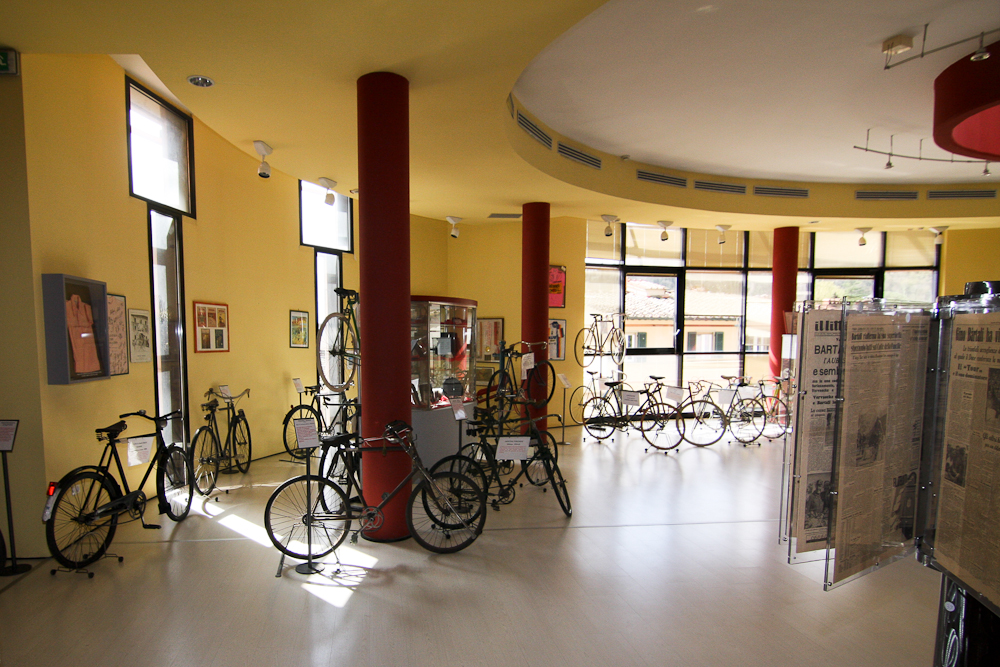
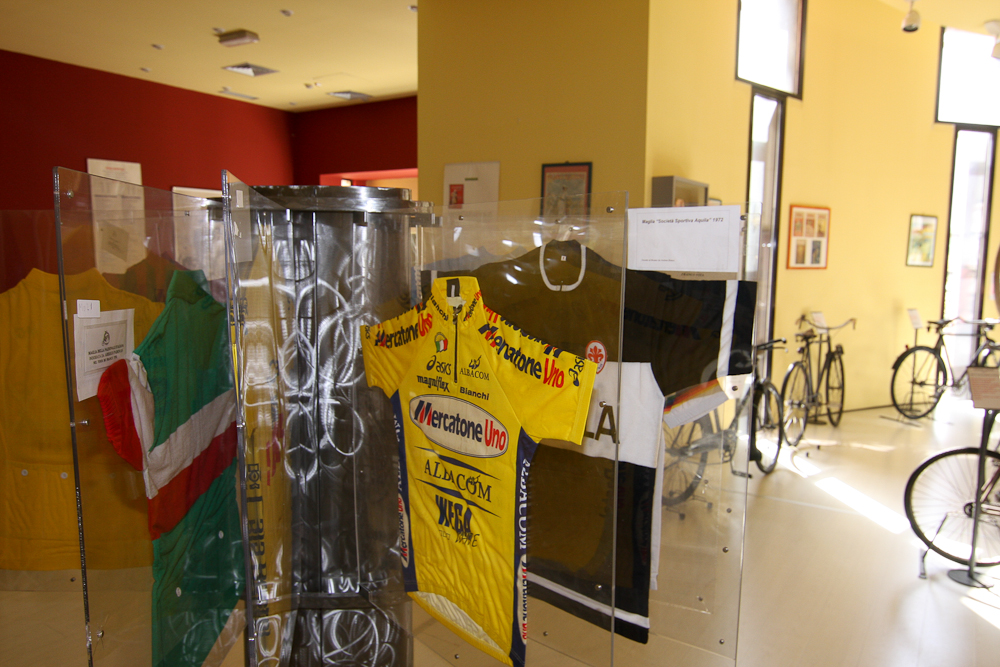
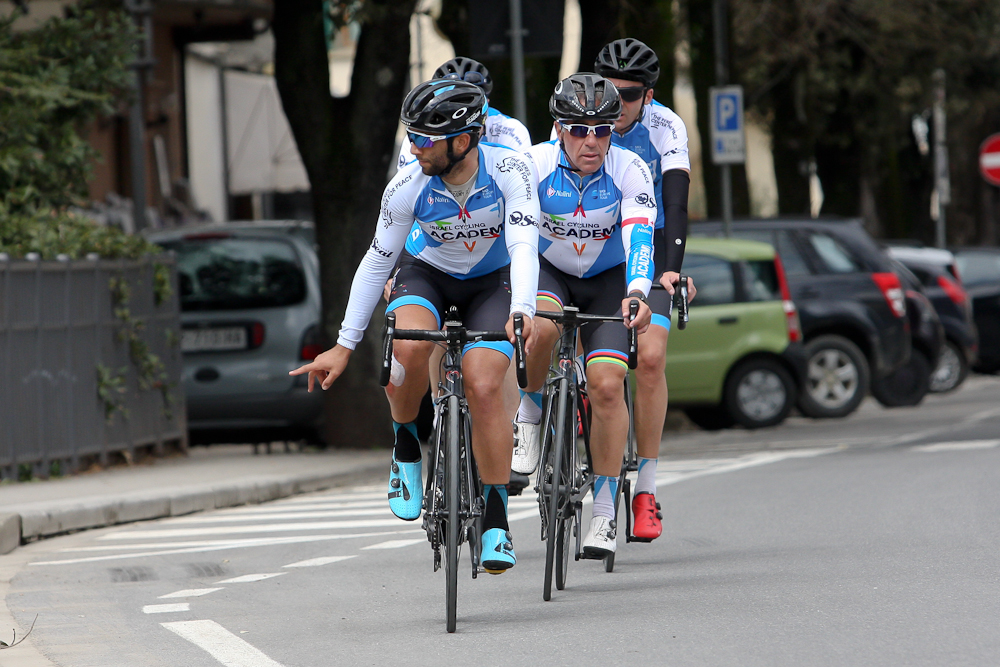
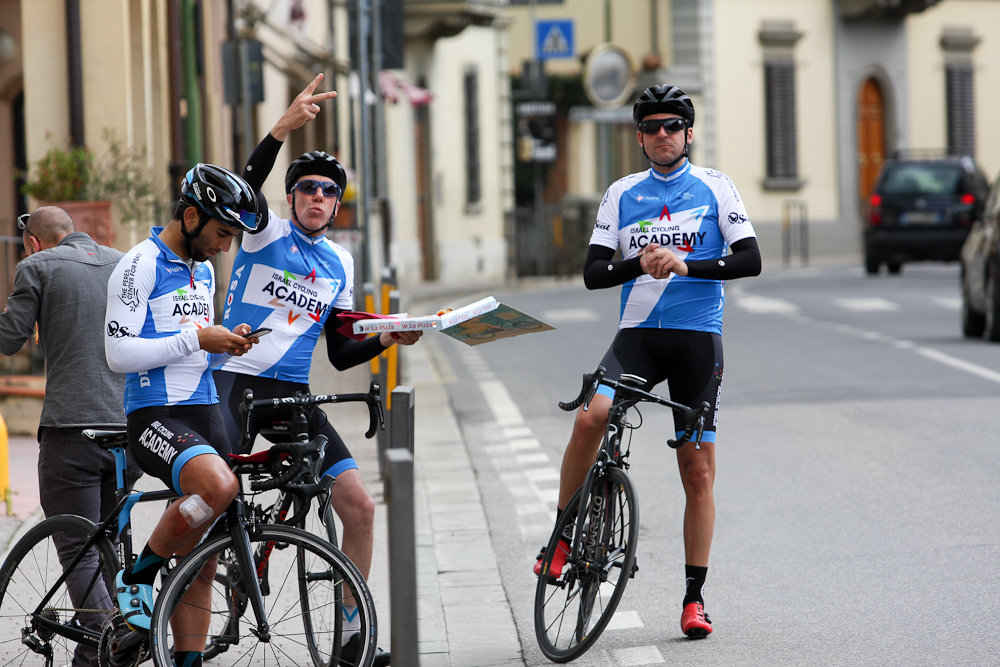
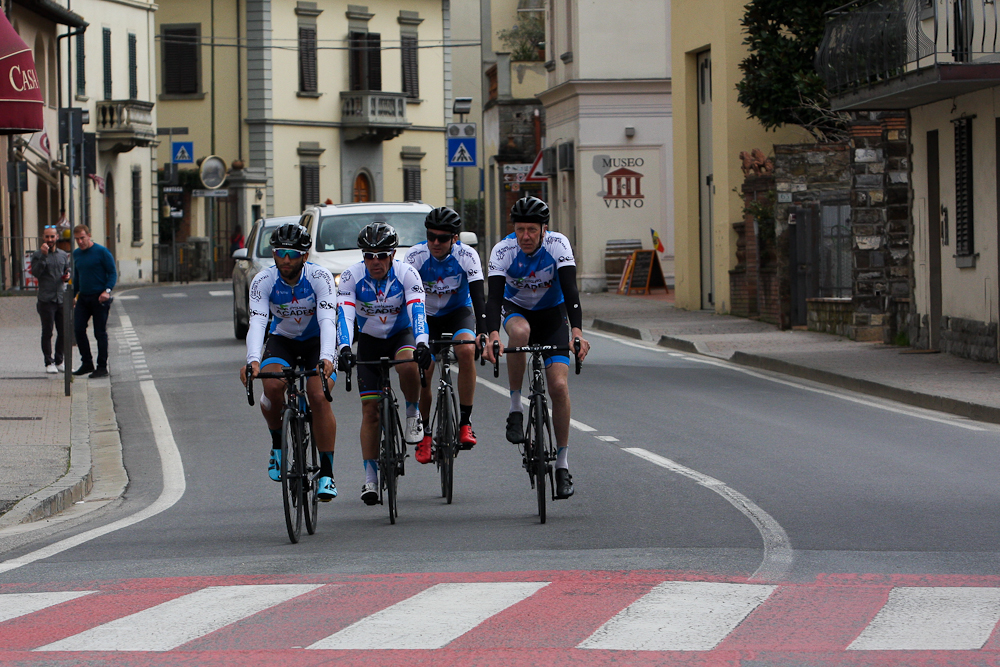
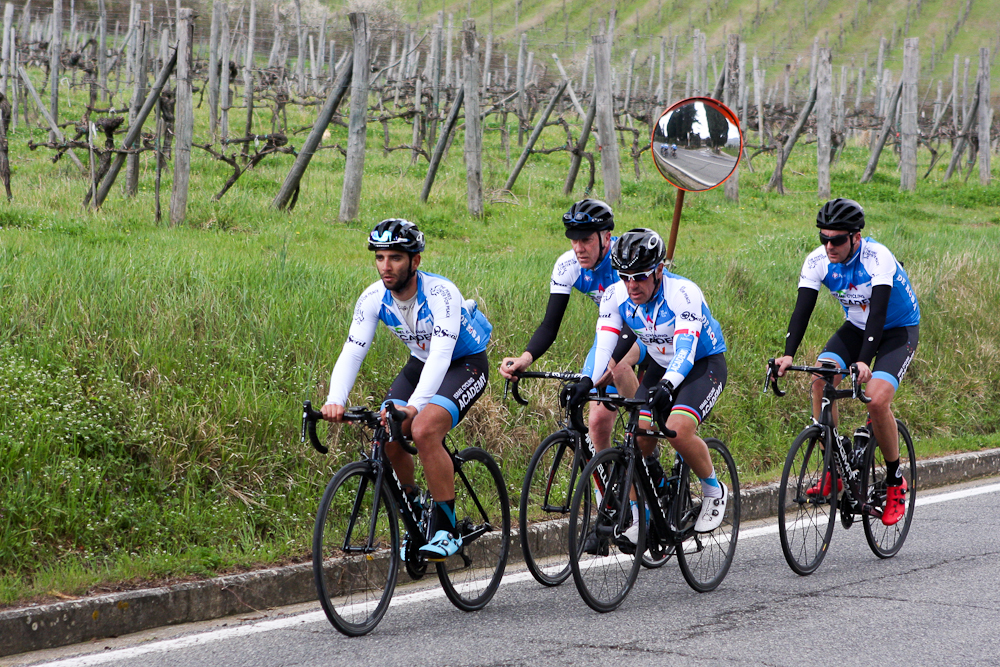
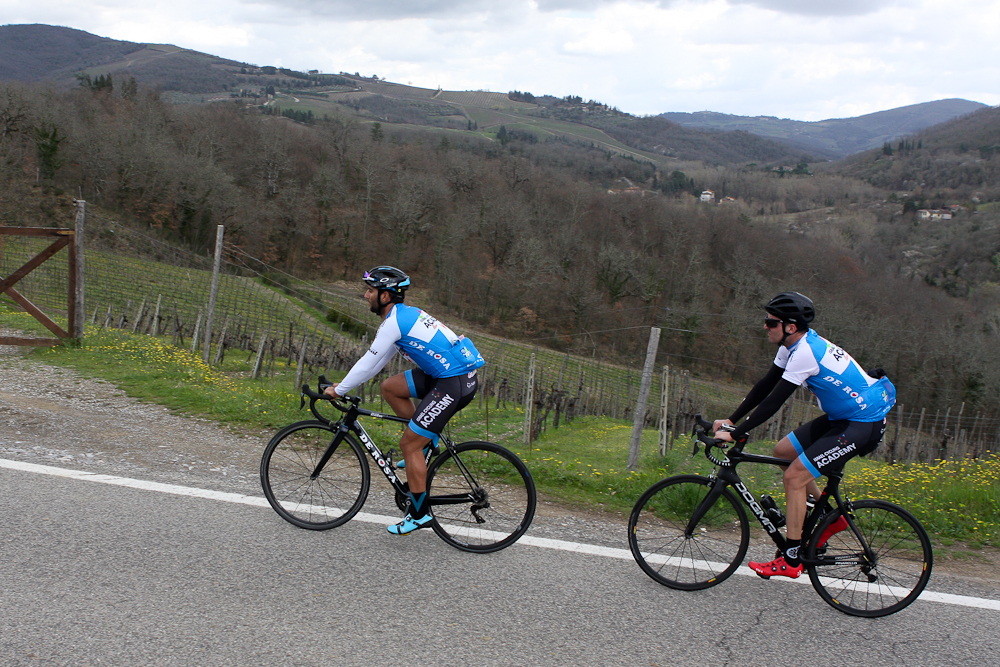
Since its very earliest days, the Israel Cycling Academy has had a strong connection with the memory of Gino Bartali, the Italian champion who in 2013 was honoured as one of Israel's 'Righteous Among the Nations' for his efforts to save Jews from the Holocaust during World War II.
For the past three years, starting a year after the team first got a foothold in the UCI peloton as a Continental outfit in 2015, riders, staff and friends of the team have retraced one of the routes Bartali used for training - and for smuggling documents used to help Jews hide and escape from the Nazis.
The 80-kilometre route travels the same backroads that Bartali, who had won two Giros d'Italia and one Tour de France before World War II interrupted pro cycling, used to keep his form in check as hostilities raged across most of Europe.
From his home outside of Florence, where Bartali hid a Jewish family in his annex until the Nazis were driven out in 1944, the Italian champion would head north toward the stone-walled city of Assisi. It was in this birthplace of Saint Francis that Bartali assisted a network run by the local Catholic Bishop that forged documents and papers to help Jews hide. Along the way, he'd use his fame as a distraction to help more refugees slip past guards on their way to safety.
In 2018, with the 101st Giro d'Italia officially honouring Gino Bartali and starting in Jerusalem for the first of three stages in Israel, the Bartali tribute ride has added importance for all involved. Earlier this month, Israel Cycling Academy's Aviv Yechezkel and team co-owner Sylvan Adams joined two Italian friends of the team, Paladino Meschi and Gabriele Mirra, in the team's annual tribute to the man.
Sylvan Adams (left) and Aviv Yechezkel start the Gino Bartali ride in Florence (Pat Malach)
The start
Israel Cycling Academy's connection to Bartali actually pre-dates the team. When current team manager and co-founder Ran Margaliot was a pro rider in 2012 for Saxo Bank-Tinkoff, he was approached by Italian journalist Adam Smulevich about helping get recognition for Bartali, who had always vehemently shunned any kind of publicity for his acts before dying in 2000. Margaliot's grandfather had been the first Holocaust researcher for Yad Vashem, Israel's Holocaust memorial, and Smulevich thought Margaliot could help the cause.
The latest race content, interviews, features, reviews and expert buying guides, direct to your inbox!
"I said we need to do something significant, not only for his memory, but it can be a really powerful symbol for the riders," Margaliot told Cyclingnews. "What's better than taking them to ride the entire route. So we actually rode it. We only made it by midnight, but it started making them think, 'Really, this guy 70 years ago did that with this ride?' It was eye opening.
"For me, everything that Bartali stands for is something I really wanted the riders to grow with," Margaliot said. "Bartali never talked about what he did. He never told anyone. So he set an example that good is something you do, not something you talk about. The moment you talk about it, then it's not pure.
"That's a very powerful thing, because we as athletes do things that we want people to talk about. We want to be talked about, and he was forcing it not to be talked about. That's a very noble thing, but it also starts the debate on would you have risked your life to save someone you don't know. Would you go out of your comfort zone to do something like that?"
The 2018 ride began at the Piazzale Michelangelo, which overlooks the city of Florence and provides stunning views of the Duomo and the Great Synagogue of Florence, one of the most beautiful and important in the world.
The quartet rode from the piazza into the heart of the old town, then headed north to Bartali's home in Via del Bandino on the outskirts of the city. It was here that the Italian champion hid four members of the Goldenberg family from 1943 when the Germans occupied Florence until 1944 when the city was liberated.
Bartali's efforts to hide the Goldenbergs from Nazi persecution first came to light in 2010, the initial crack in the shield of silence he and his family had held tightly around his acts of heroism and humanity.
The Italian was steadfastly silent about his acts, telling his son Andrea, "One does these things and then that's that," according to Road To Valor, a 2012 book by Aili and Andres McConnon that chronicled Bartali's wartime activities. But after decades in the shadows, Bartali's story slowly started to emerge, not only about the Goldenbergs but also the role he played in smuggling documents to forge papers that helped many others.
More than a coffee stop
Bartali's fame allowed him to train freely on the roads where movement was often restricted for mere mortals who hadn't won three Grand Tours. [Bartali added another Giro and another Tour win after the war - ed.]
A stop at the Gino Bartali museum, which is maintained by a group of long-time friends as an act of love for the champion, was next on the agenda for the riders, who were able to see the bikes and touch the trophies that Bartali collected throughout his career.
From there the ride to Assisi started in earnest on an undulating route that took in more than 1,500 metres of elevation gain. Bartali wasn't just a humanitarian, after all, he was a champion who needed to stay in shape while competition was on hold.
"You always kind of forget how hard it is, and it's actually quite hard," said Yechezkel, who's done the ride three times. "It's a very undulating route. It's very demanding."
The route was demanding enough for Bartali that, like any good cyclist, he would stop along the way to replenish his power and motivation. Visiting a pretty barista at the train station in Terontola became a regular part of Bartali's training ride, but his stops there had another purpose.
As told by Ivo Faltoni, Bartali's personal mechanic who started working for the champion when Faltoni was just 16 years old, Bartali timed his visits to the station to coincide with stops for the passenger trains. Now 89 years old but carrying an enthusiasm and laugh that belie his advancing years, Faltoni met the group at the station and regaled them with tales of his former boss' cunning and flare.
Faltoni told the group that Bartali knew he would attract a crowd when he stopped at the busy war-era station, and he counted on the distraction to allow people without papers access to the trains.
"It was about escaping and moving throughout the country without the necessary documents to do so, so they could travel to safer places," said Yechezkel, who laughed about also getting some race advice from Faltoni.
"The whole crowd would gather around him, and obviously the officers as well, and they would look to see what was going on and then people could hop on and off the train without the guards noticing," Yechezkel said, recalling Faltoni's story.
Of course, Bartali was much more than a well-timed distraction. He actively worked with the Italian resistance and underground, couriering communications while on his 'training rides', stuffing documents in the tubes of his bike to avoid detection. His most important work may have been with the network of Catholic priests and monasteries that hid fleeing Jews and changed their identities to help them blend into safe communities. Assisi, and Bishop Giuseppe Nicolini, stood out among those efforts.
Aviv Yechezkel shows Ivo Faltoni a la Gazzetta picture of his crash the day before in Scheldeprijs (Pat Malach)
Ascending to Assisi
The Bartali ride ended with a ride up the cobbled climb into the old city of Assisi, a UNESCO World Heritage site that is the birthplace of St. Francis and Clare and is home to the Basilica of St. Francis, among other architectural and artistic treasures. Known for its messages of peace, Assisi welcomed the Israel Cycling Academy riders with a warmth that echoed the humanity of 75 years ago when Jews took refuge within the city's walls and found a safe haven.
Through a network of monasteries and convents - and with the use of a secret printing press - Catholic Church leaders set up an organization that hid refugees or helped them get the papers to escape. More than 200 Jews lived in Assisi under assumed identities during the German occupation; hundreds more travelled through the network and on to safety after getting their 'papers' in order. Entries discovered in one of his conspirators' diaries years later indicated Bartali had been involved.
Assisi Mayor Stefania Proietti joined Gino Bartali's granddaughter, Gioia Bartali, with a subdued welcome at city hall as the light of a hopeful spring day started to fade behind the stone walls and ancient Italian steeples.
For Sylvan Adams, the team co-owner who is the son of Holocaust survivors, the ride up to Assisi and the meeting with Bartali's granddaughter capped an emotional day on the bike.
"It's an absolutely moving story of how this world-class athlete, during the period of time when bike racing was interrupted, acted in such a moral and humanitarian manner at great risk to himself as well," Adams told Cyclingnews, noting the particular significance this year as the Giro starts in Israel and is dedicated to Bartali's memory.
"To dedicate this year's Giro - the whole Giro, not just the Big Start where the Big Start is happening in Israel - to dedicate this whole Giro to the memory of this wonderful athlete, fantastic cyclist and this fantastic human being, is a very poignant and moving experience," he said.
The day ended with a visit to the Bishop's residence, with a tour from current Bishop Domenico Sorrentino. The priest told Adams how Bishop Nicolini would secure the refugees' keepsakes and belongings while the families hid under assumed names. The bishop personally laid the bricks to wall-in the belongings, hiding them from the Nazis until the families could retrieve them.
"It's a story of great humanity, and it shows us that in the time of the greatest evil ever, there were also people on the other end of the spectrum, demonstrating to us what humanity can be," Adams said. "Good always wins out. Good is much more powerful than evil. Sometimes we don't see it, but good always prevails."
The Holy Week is available to download to rent ($1.99 USD) or to purchase ($4.99 USD) from Vimeo On Demand. You can also watch the trailer below, with options to buy or rent at the end.
THE HOLY WEEK from Cyclingnews Films on Vimeo.
Growing up in Missoula, Montana, Pat competed in his first bike race in 1985 at Flathead Lake. He studied English and journalism at the University of Oregon and has covered North American cycling extensively since 2009, as well as racing and teams in Europe and South America. Pat currently lives in the US outside of Portland, Oregon, with his imaginary dog Rusty.
